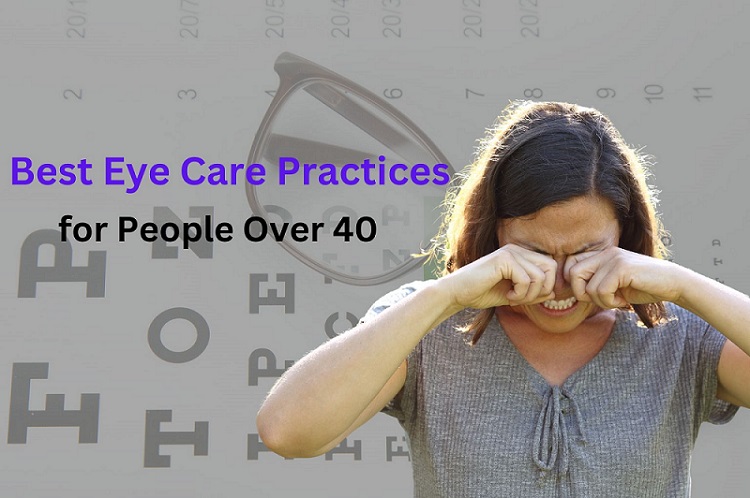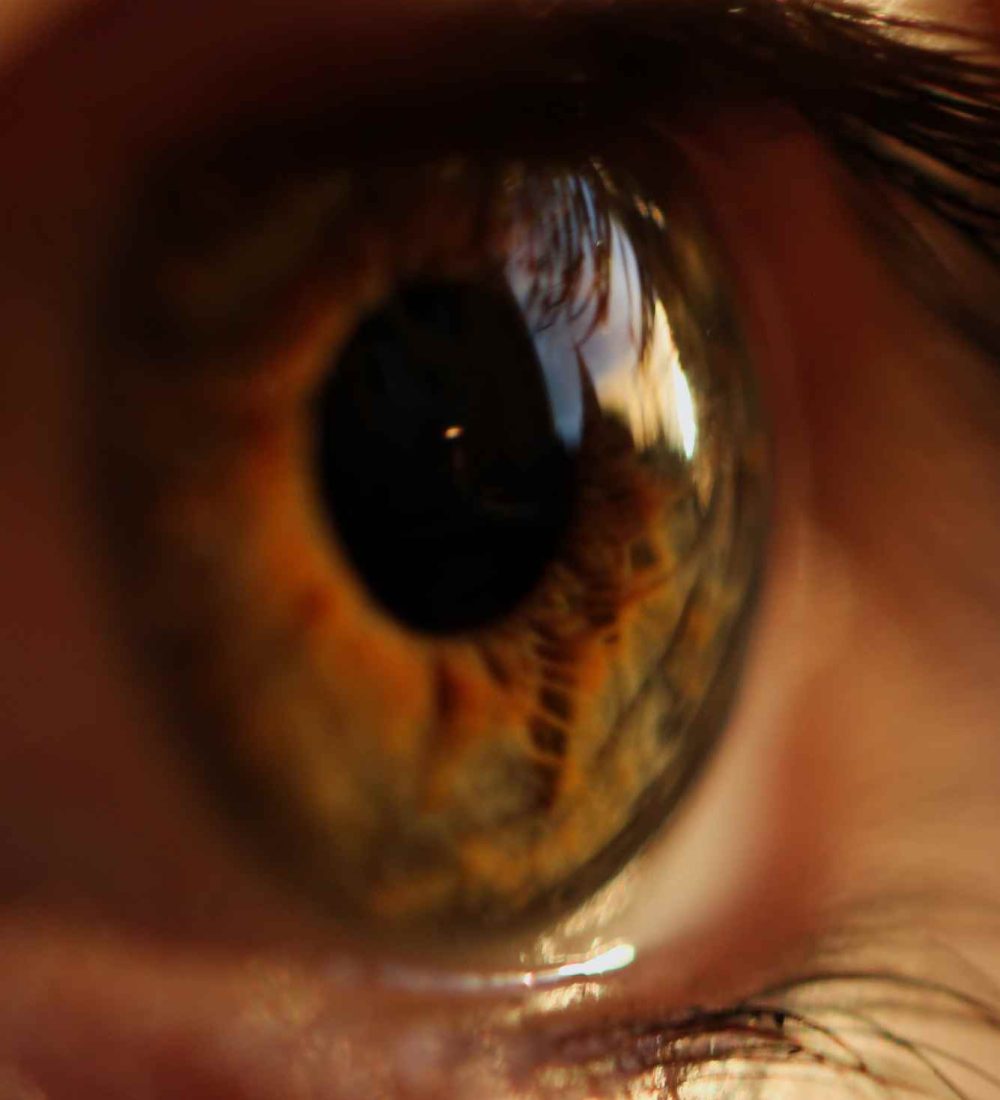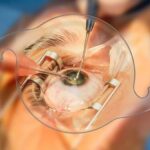Isha Netralaya | Best Eye Hospital in Maharashtra | Eye Specialist
Best Eye Care Practices for People Over 40
admin
15/09/2024

Our bodies go through many changes as we get older, and our eyes are not an exception. As you get older, maintaining good eye health comes ever more to the forefront. The older you get, the greater your chances of developing presbyopia (blurred close-up vision); cataracts (clouding of the eye’s natural lens causing blurry and dim visions) or macular degeneration (chronic ‘disease’ that affects a small portion in front/center area part where most fine detailed vision is processed. ). Thankfully, maintaining good eyesight and general eye health is possible through adopting the right eye care habits. Best Eye Care Practices for People Over 40
1. Schedule Regular Eye Exams
The importance of regular eye exams Regular comprehensive eye examinations are important for anyone who has type 1 or type 2 diabetes. The American Academy of Ophthalmology suggests a comprehensive eye exam be done every two years beginning at age 40, or more often based on the recommendation of an eye care professional. These exams allow an eye doctor to look for some of the more common age-related issues including, glaucoma, diabetic retinopathy and age-related macular degeneration (AMD).
2. Monitor Vision Changes
When you get older, your vision may begin to deteriorate—you might have a harder time reading small type or viewing objects up close in focus. Pain Free Treatment OC (The condition is called presbyopia and it happens when the lens of your eye starts to lose its flexibility.) Seek an eye care professional if you notice changes in your vision. They can advise you on the treatment of corrective lenses or other means by which this torque in your eyes is hindered with clearer view.
3. Protect from UV rays
UV exposure can puts you at greater risk of cataracts and macular degeneration. Be you need to wear sunglasses that block 100% of both UV-A and UV-B radiation every time when go out. Wearing a wide-brimmed hat may provide even more sun shield, too. Also, make sure that your prescription glasses or contact lenses contain UV protection to provide additional eye safety.
4. Maintain a Healthy Diet
Vitamins and Nutrients Are Essential to Your Eye Health, As Well Add a lot of antioxidants (vitamin A, C and E and zinc rich food) in your diet. Leafy greens such as spinach and kale, fatty fish for example salmon and orange vegetables are good. These nutrients have been shown to lower the odds of age-related eye ailments and enhance your basic vision health.
5. Stay Hydrated
One of the most common issues for people over 40 is dry eyes, which can easily be avoided with proper hydration to keep your eyes moist. Stay hydrated all day long, keep your eyes moist and the body so that work continues. If you have episodes of dry eye symptoms such itchiness or feeling grit in your eyes then artificial tears or lubricating drops may be recommended by an eye doctor.
6. Practice Good Screen Habits
These symptoms include blurred vision, dry eyes and headaches resulting from prolonged exposure to screens. Follow the 20–20–20 rule to reduce screen time effects: every 20 mins, take a break for at least 10 seconds and look outside for around — yes you guessed it— twenty feet. Change Settings on Your Screen and Position Lighting Correctly In your workspace, reduce glare by adjusting screen settings. Also, try some computer glasses with built-in AR (anti-reflective) coatings to relieve the stress.

7. Quit Smoking
Smoking is a major risk factor for many other eye diseases, including age-related macular degeneration, cataracts and dry eye syndrome. While you smoke, quitting is one of the best things that can be done to take care of your eyes. Get the helpful help of medical professionals, smoking cancellation programs or gather together to discontinue.
8. Exercise Regularly
In addition to the general health benefits of exercise, better circulation helps keep eye disease at bay and diabetics out of trouble. Get on 30+ minutes of moderate exercise most days. Walking, swimming and cycling are some of the best examples that contribute to a healthy way of life.
9. Chronic health issues can be controlled
These include chronic health conditions like diabetes, high blood pressure, and elevated cholesterol being managed well in order to maintain eye health. Consistent check-ups and compliance with the treatment regimen for these conditions are essential in order to prevent serious, vision-affecting complications. Tell your eye doctor about any new health problems or medications that you are taking.
10. Consider Eye Protection
If you are involved in activities that may cause an eye injury, such as sports and or DIY projects be sure to wear correct eyewear. Safety goggles can prevent a lot of trauma caused by the fireworks. Properly fitting eye wear, designed to protect against particular hazards.
11. Be Aware of Family History
There are also a few eye diseases that can run in families, which makes having an up-to-date family history important. Let your eye doctor know if you have any family history of conditions such as glaucoma or macular degeneration. Based on your family history for bladder cancer, they can suggest the best possible screenings and devices that prevent you from this deadly disease.
Being proactive about the health of your eyes as you grow older can make a big difference in how well you see and what kind of life quality you experience. However, scheduling regular eye exams, protecting your eyes from UV rays and a healthy diet all aid in preventing age-related eye conditions so that they remain noticeable. By following these great tips and being up-to-date with the latest eye care information; you can make sure to live a life of clear vision & good health.
Emergency Call
As one of the leading eye hospitals in the heart of Thane, we take pride in our expertise in treating a varied range of eye problems.






